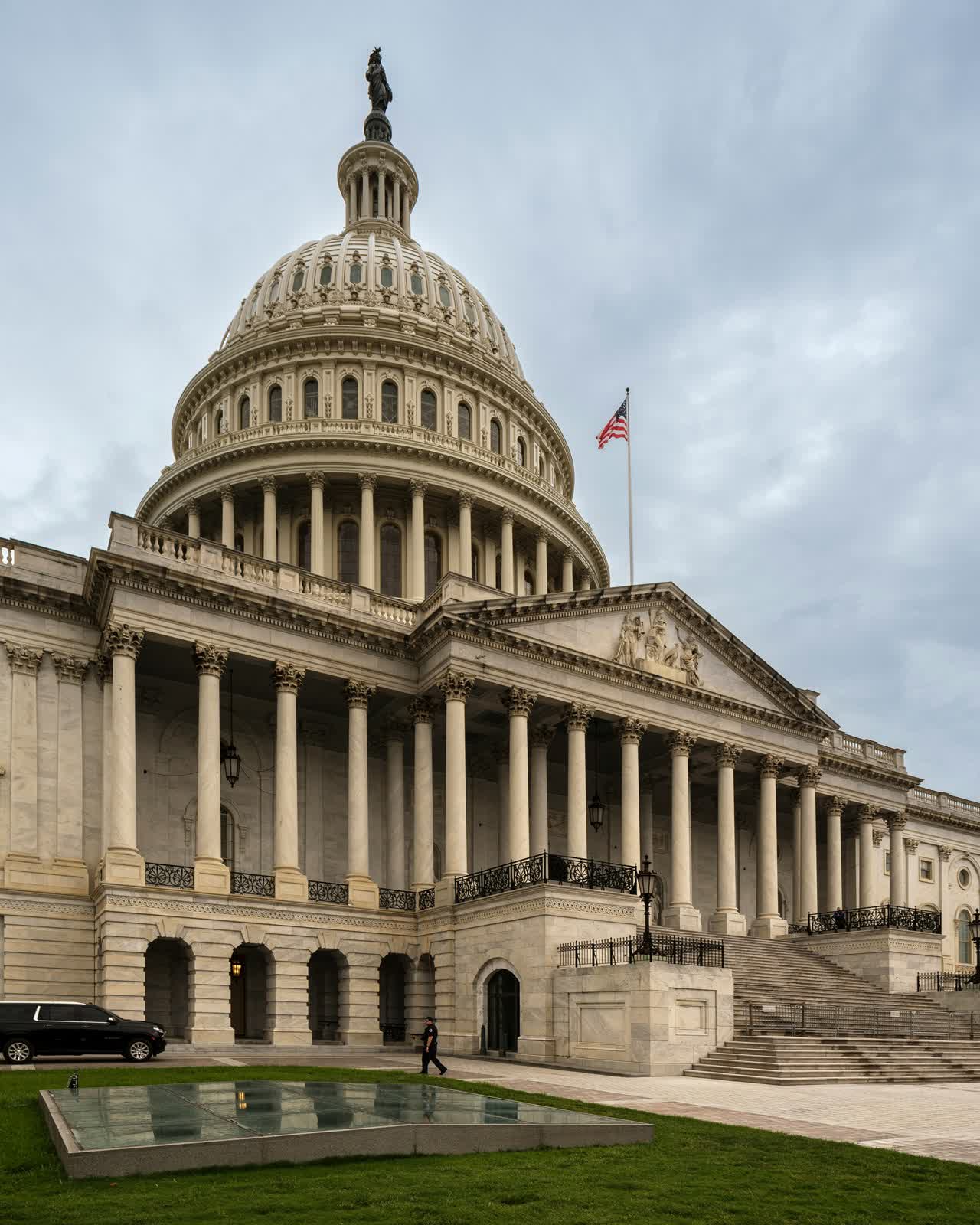A hot potato: Ever since the internet went mainstream, there has been a fierce debate over how to balance the competing interests of protecting children online while also preserving the right to free speech. That argument has ratcheted up several notches with yesterday's passage of a pair of bills in the Senate that put in place the most significant restrictions on tech platforms in decades. One of the bills in particular, the Kids Online Safety Act, has drawn the wrath of freedom of speech advocates for the "duty of care" it establishes for tech companies.

A pair of bills passed the Senate yesterday despite concerns from critics that it may cause more harm than good for children and unduly restrict the right to free speech. The measures are the Kids Online Safety Act (KOSA) and the Children and Teens' Online Privacy Protection Act, referred to as COPPA 2.0. Together, they are the most significant restrictions on tech platforms that a Congressional chamber has approved in decades.
The last significant measure came in 1998 when Congress passed the Children's Online Privacy Protection Act, or COPPA, which required websites and other online services to obtain parental consent before collecting data from kids under 13.
These new measures are now advancing the protections afforded to minors online. They would require digital platforms to implement "reasonable" measures to safeguard children from various online threats, including cyberbullying, exposure to content promoting drug addiction, and potential sexual exploitation. COPPA 2.0 would widen the parental consent requirement for data collection to include information from children as old as 16. It also bans companies from targeting kids and teens with advertising.

The more controversial KOSA creates a new "duty of care obligation" for companies to mitigate potential harms to children, a provision that has drawn fire from several quarters. Critics argue that KOSA could lead to "nearly limitless content regulation," according to Rand Paul (R-Ky.), one of the three Senators that opposed the measure.
And Evan Greer, director of the liberal activist group Fight for the Future, said that the "duty of care" provision could force companies to suppress content they dislike, including "gender affirming care, abortion, racial justice, climate change, or anything else."
The bill now heads to the House of Representatives for a vote. While KOSA sailed through the Senate, the odds for passage in the House this year are slim. This is partly due to limited time, with the House only being in session for about six more weeks. Also, the key committee considering the bills recently yanked them from a legislative markup, indicating some hesitation or the need for further review. Nevertheless, the bill does have bipartisan support in the House, which improves its chances for eventual passage.
President Biden has indicated he would sign the proposals if they reach his desk.
Even if the legislation receives House and presidential approval, it's expected to encounter significant legal opposition from the technology sector. The tech industry has already demonstrated its ability to impede similar child online safety laws at the state level. While numerous cases are still in progress, federal judges have consistently voiced concerns about potential infringements on free speech rights when states attempt to regulate social media companies. This pattern suggests that a similar federal law would likely face the same scrutiny and challenges in the courts, potentially delaying or altering its implementation.
Senate passes sweeping online child safety measures amid free speech concerns